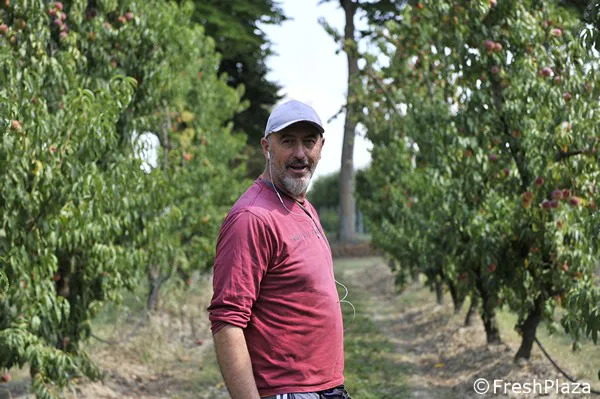Before modifying the commercialization standards for agricultural products, including fresh produce, the European Commission granted all Member States the opportunity to make suggestions. 156 entries were made from all over Europe, though only 4 from Italy despite it being one of the leading producers and exporters of fruit and vegetables.
Entrepreneur Massimo Scozzoli wrote that: "I believe all EU countries should comply with good cultivation practices and also respect those who grow and produce these goods. Only if these conditions are met, will it be possible to obtain optimal food production, even though it is true that the problem is the uniformity of the rules and regulations in all EU countries. The rules should apply also to all those extra-EU countries exporting produce to the EU when it comes to both respect for operators (manual and non-manual labor) and the compliance with the maximum levels of pesticides and active principles allowed. It is unthinkable for there to be imported products that contain active principles that are forbidden for other European productions because of bilateral agreements between sovereign governments. It should be an essential condition so that commercialization within the European Community can be truly fair."
 Massimo Scozzoli from Forlì
Massimo Scozzoli from Forlì
"I think these elements should be basic principles to reach a norm for the commercialization, and therefore the consumption, of agricultural products. When talking about food, there should be a base that can be shared by all actors. I therefore believe EU actions towards producers should be less invasive when it comes to excessive 'green' choices, always bearing in mind that a good producer or entrepreneur has all the interest in having a sustainable business that can produce products with excellent quality and organoleptic properties that meet the tastes of final consumers. What is more, the EU should recommend Member States to respect the seasonality of productions on a domestic level to avoid subjecting perishable products to treatments that do not comply with European regulations."
An Italian agronomist added that "the old parameters that applied to each single product must be abolished and the absence of easily-recognizable dangerous contaminants such as molds or insects, fungi, etc. must be established. Minimum size parameters need to be abolished as well, as they only generate waste. The rules of single clients should be met instead, as they (especially when it comes to big retail chains) often have well-established parameters for each single product. Simplification is the only way."
VOG (consortium gathering fruit cooperatives from Alto Adige) intervened by writing that "VOG is pleased to have the opportunity to comment the EC Inception Impact Assessment (IIA) on the revision of norms for the commercialization of agricultural products. We believe these norms are essential as a common language to guarantee high-quality products within a framework of fair competition with a good market fragmentation while at the same time avoiding the proliferation of different commercialization norms between Member States. EU commercialization norms would level the field and help the entire food chain against misinformation, improper labeling and fraudulent activities. VOG welcomes the objectives of the Commission and believes the existing specific norms for the European apple sector are a good tool to ensure high-quality products reaching European consumers."
Assomela intervened with the same comment reported above.
